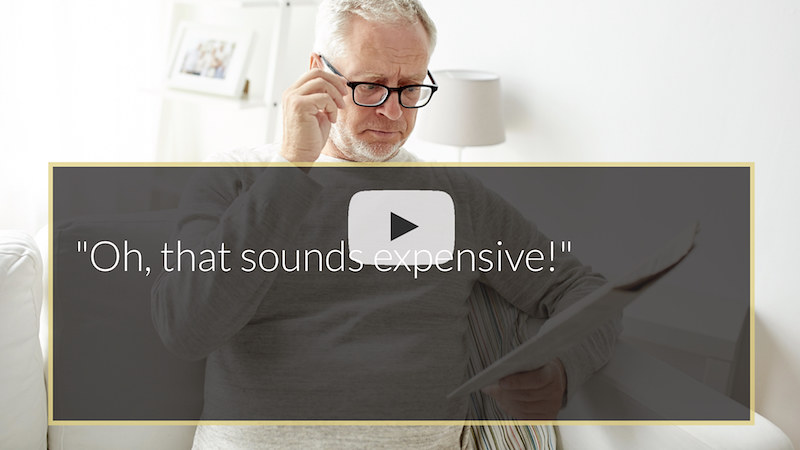
IN THIS VIDEO, PROF MOHAMMED MUHTASEB EXPLAINS HOW REFRACTIVE CATARACT SURGERY WORKS
How does refractive cataract surgery work?
The first component is removing the cataract, the natural lens in the eye that’s gone cloudy. There are technical ways of doing that by making a couple of small openings in the periphery of the cornea and breaking the cataract up into small pieces. Then, sucking it out of the eye and replacing it with a lens implant. The lens implants are very small. They’re synthetic and designed to last a lifetime. Therefore, once the lens implant is well placed in the eye, it ought to stay there and last a lifetime.
Don’t let post-COVID cataract queues delay you from getting the treatment you need. Book a call with Cat today
Speak with us over the phone, and get a clear answer on your cataract surgery options from the comfort of your home. You’ll also discover the little known possibility of fixing your reading and/or distance vision at the same as you fix your cataracts. Book your call above today.
The refractive component comes down to very detailed planning preoperatively and paying attention to fine detail. We take measurements of the eyes before the surgery to ensure that the lens that’s chosen is the right power and the right type, particularly toric or non-toric, monofocal or multifocal, to give the patient the desired outcome.
The preoperative measurements and the detail of those measurements are very important. Therefore, I spend a lot of time doing my homework once a consultation has finished, to make sure that the preoperative assessment informs the decision regarding the lens implant in a very detailed way. Once the lens has been chosen, the refractive outcome should be optimal, so that the patient is, depending on the lens that they’ve chosen, only wearing glasses for the minimum amount of time.
I invite you to book a consultation to determine your suitability for refractive cataract surgery or refractive lens exchange. It’s the only way to determine your suitability for these procedures and to have an in-depth discussion regarding the risks and benefits of each of them. I look forward to seeing you there and taking you through the journey to achieving your desired postoperative outcome.
Share This Story, Choose Your Platform!
ABOUT THE EXPERT
Prof Mohammed Muhtaseb, FRCOphth
Consultant Cornea, Cataract and Refractive Surgeon
iLase is the private practice of Consultant Ophthalmic Surgeon, Prof Mohammed Muhtaseb. Based in South Wales, he is one of the very few ophthalmologists working in the UK who is a fellowship-trained specialist in Cornea, Cataract and Refractive Surgery. He holds full specialist registration with the General Medical Council and was appointed as a Consultant in the NHS in 2006.




